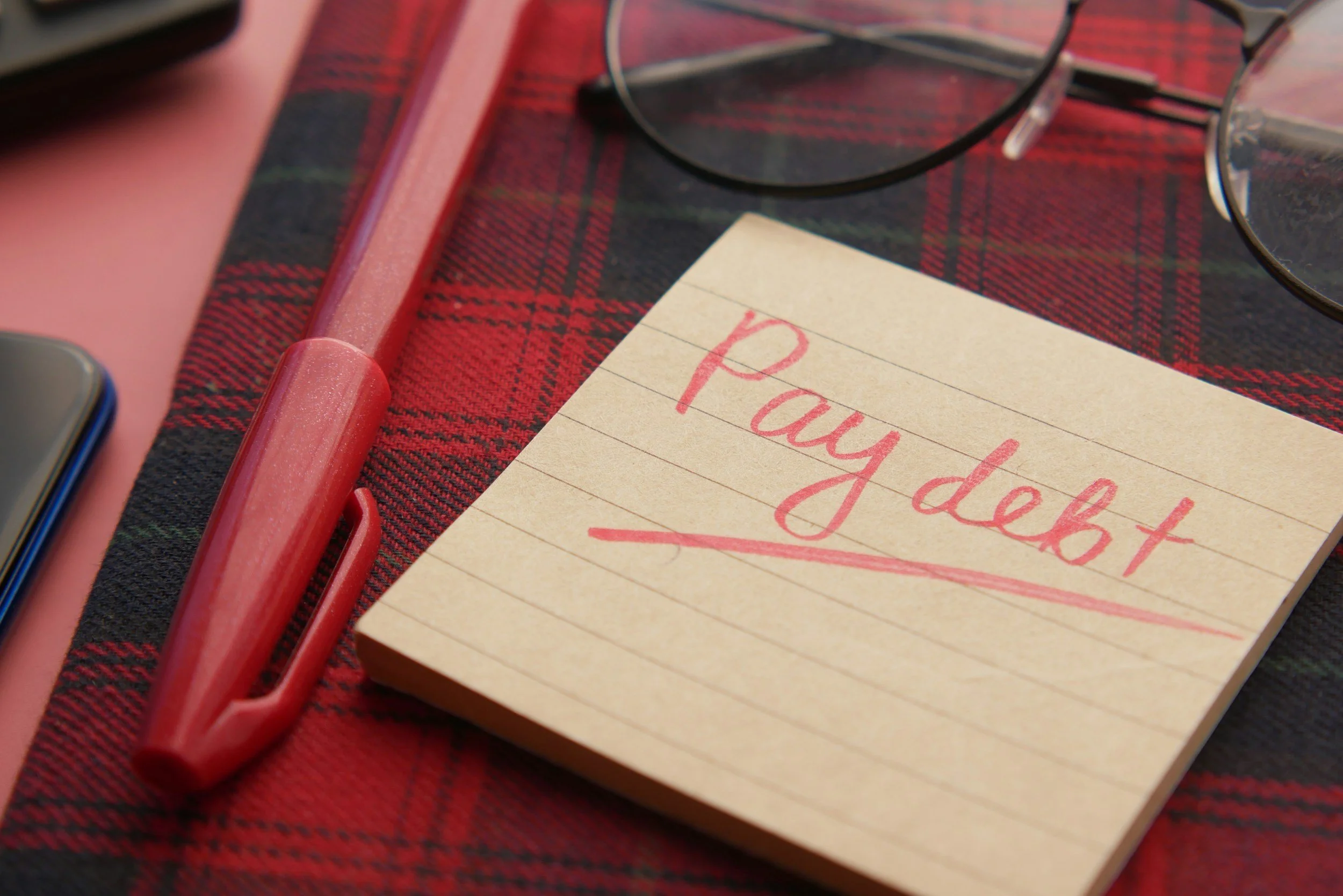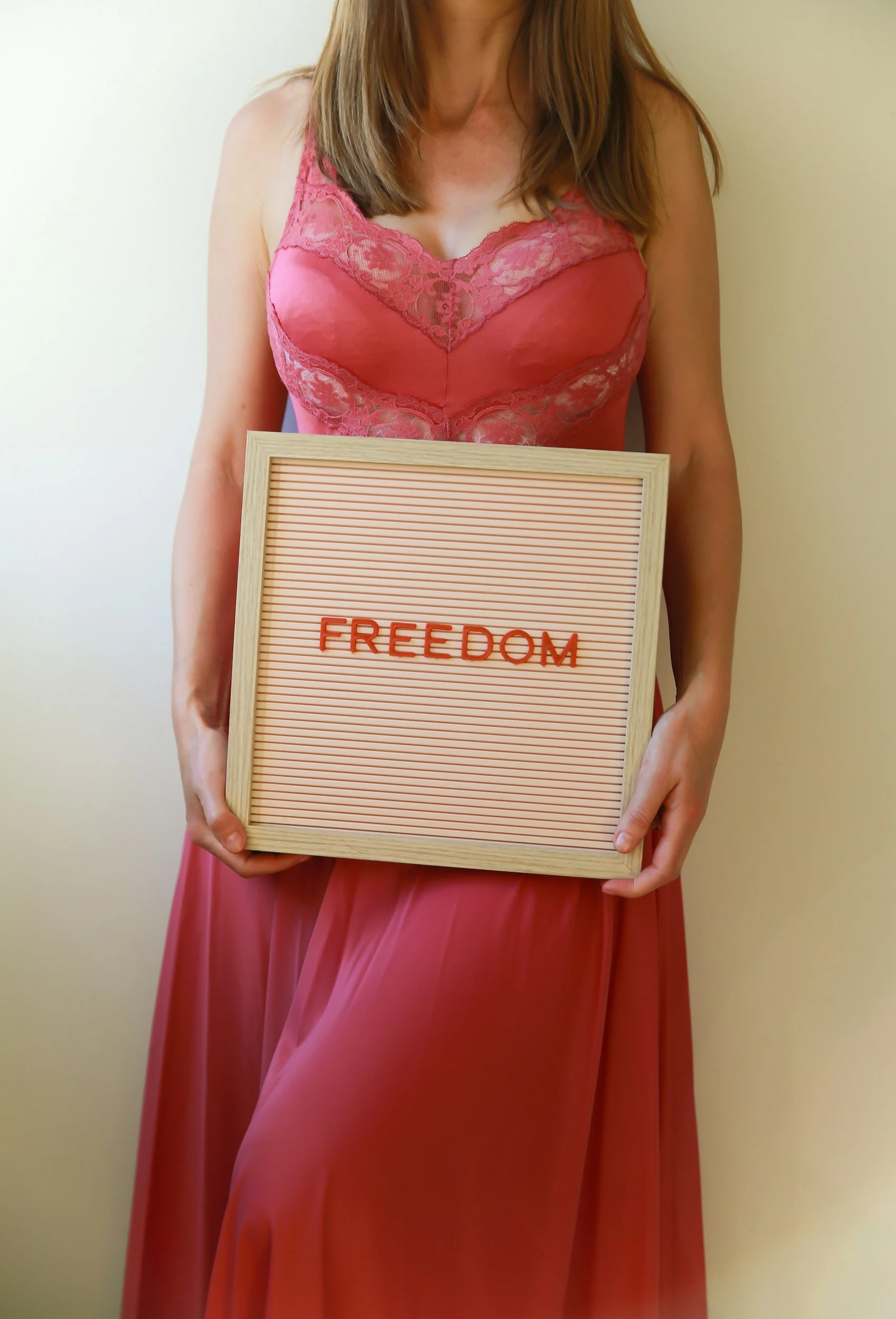Debt, Discipline & That Magic £15K: How I Built My Emergency Fund (and Started Living on Cash)
Living on cash sounds impossible—until you hear the full story. For me, it started with £15K of debt. But it wasn’t just a credit card. It was the weight of student loans, poor financial education, and navigating a system not designed for people like me. Here’s how I turned it all around—and why that magic number, £15K, became my foundation for financial freedom.
How It Started: £15K in Credit Card Debt
In my 20s, I was sitting on £15,000 in credit card debt. But that wasn’t the full picture. I also had:
A government student loan, which I began paying back as soon as I started working at 21.
A private HSBC student loan, taken out to fund my Legal Practice Course (the final stage of training to become a solicitor in the UK).
Back then, this course wasn’t funded by the government. If you didn’t come from money, the only way in was debt. I took the loan on my own, with no financial guidance. HSBC even encouraged me to borrow extra for “living costs.”
So I did. They gave me the full loan upfront—tuition + living costs. I thought I was being smart, setting myself up for success.
The original tuition fee was around £8,000, but I borrowed another £7,000 extra for living costs that HSBC encouraged me to borrow upfront. Stupid, I know—living costs almost doubled the loan.
At the time, I didn’t think twice. I was focused on surviving law school and assumed borrowing extra was normal. But in hindsight, that “living cost top-up” made it incredibly hard to get ahead financially after graduating.
To make matters worse, I later found out some students only borrowed term by term, reducing the amount of interest they paid. One guy I met said his family had advised him to take out only what he needed each term. That way, less interest compounded over time.
I had no idea that was even an option.
The Real Cost of That £15K Loan (and What I Wish I’d Known)
The interest rate was around 4%, compounded monthly. That meant even though I wasn’t making payments while I was studying (or for a year after, thanks to the grace period), the interest kept stacking up.
By the time the repayment period kicked in, that £15,000 loan had grown to £16,247. And based on the repayment terms at the time, I was expected to pay 3% of the balance each month.
That’s £487.41 every month—on just one of my debts.
I was also paying down my credit card and my government student loan. At one point, I was sending £500–£700 a monthjust to service all three.
Despite a decent salary, I wasn’t really earning. But here’s the silver lining: all that debt taught me how to live below my means.
From Debt Payments to Financial Freedom
By the time I cleared my debts in my early 30s, I was used to living £1.5K–£2.1K below my income. The debt had also made me driven to take on roles with larger salaries. That’s when I decided:
“If I’ve lived without this money for years, why not keep going—but this time, for me?”
So I started putting that money into:
An emergency fund (yes, that same £15K—this time in savings)
Short-term goals: holidays, clothes, joy
Long-term goals: a house, move country, investments
And most importantly: every month, the first person I paid was myself.
Eventually, I aligned my savings with my goals and I used YNAB to manage my finances and money goals:
A fun fund
A house fund
A expat fund
A holiday fund
Even a clothes fund
Living on cash didn’t start with wealth. It started with mistakes. It started with debt. But it also started with a decision—to learn, to do better, and to build a future that’s mine.
If you’re in debt now, I see you. I was you. And if you're earning but feel like it’s not adding up—that was me too.
You can turn it around. One decision at a time.
Books & Resources That Helped Me Rewire My Financial Thinking
Here are a few books that really helped me shift my mindset and understand money in a healthier, more empowering way:
The Millionaire Next Door – Thomas J. Stanley & William D. Danko (Amazon)
The Psychology of Money: Timeless Lessons on Wealth, Greed, and Happiness – Morgan Housel (Amazon)
Get Out While You Can: Escape The Rat Race - George Marshall (Amazon)
You can also find more resources and books on my blog, including tools I’ve used personally.
📩 Join My Newsletter
For more insights on financial independence & homeownership, subscribe to my newsletter!
🖋️ Related Articles:
How I Used Quantity Surveying Skills to Master My Personal Finances
Are Taxes Funding Society or Wage Slavery? (coming soon)
Comparing US, UK, and Australian Investments: A Guide for Expats and Savvy Investors
How to Protect Yourself When Buying Property With Someone Else: 7 Lessons I Learned the Hard Way
Climate Change and Sydney’s Property Market: The Hidden Factor Driving Prices Up
When My Body Tenses, My Mind Awakens: Living and Creating Through PMDD




